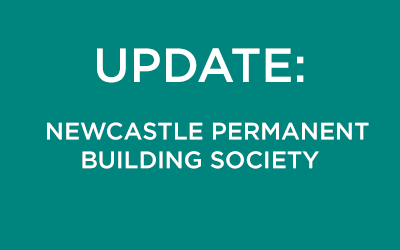There are basic guidelines that must be followed by Management when discussing performance or disciplinary matters with employees. These fall under the terminology of Natural Justice – sometimes referred to Procedural Fairness and they are:
The Hearing Rule
This rule requires that a person must be allowed an adequate opportunity to present their case where certain interests and rights may be adversely affected by a decision-maker.
To ensure that these rights are respected, the deciding authority must give both the opportunity to prepare and present evidence and to respond to arguments presenting by the opposite side.
When conducting an investigation in relation to a complaint it is important that the person being complained against is advised of the allegations in as much detail as possible and given the opportunity to reply to the allegations.
The Bias Rule
A decision-maker must be impartial and must make a decision based on a balanced and considered assessment of the information and evidence before him or her without favouring one party over another.
Even where no actual bias exists, investigators and decision-makers should be careful to avoid the appearance of bias. Investigators should ensure that there is no conflict of interest which would make it inappropriate for them to conduct the investigation.
The Evidence Rule
Investigators and decision makers should not base their decisions on mere speculation or suspicion.
Rather, an investigator or decision maker should be able to clearly point to the evidence on which the inference or determination is based.
Evidence (arguments, allegations, documents, photos, etc.) presented by one party must be disclosed to the other party, who may then subject it to scrutiny.
Based on these universally accepted guidelines the USU strongly advises members to ensure the following important facts and actions occur if you are called to a formal performance meeting:-
BEFORE THE MEETING
- You receive at least 24 hours notice of any formal meeting.
- You are provided with details of the matters to be discussed
- You are given the opportunity to have a USU representative attend with you.
- If your USU representative cannot attend at the proposed time you have the right to defer the meeting until they are available.
- DO NOT meet with Management without your USU representative
- Meet with your USU representative before the meeting to discuss the matter
DURING THE MEETING
- Participate openly and answer questions truthfully.
- Seek clarification on any questions or statements you don’t understand
- Your USU representative will assist you in looking at ways of resolving the issue.
- If you become uncomfortable or upset – request a break
- If you wish to speak to your USU representative privately – request a break.
- Try to remain calm.
- DO NOT sign any documentation without the approval of your USU representative.
AFTER THE MEETING
- Meet with your USU representative to discuss the outcomes from the meeting, any potential differences and potential next steps.
- Treat the matter as confidential.
The Unions experience over many years demonstrates that when the above guidelines are followed correctly most matters can be resolved at a local level, however, on some occasions matters cannot be resolved and require the assistance of a third party – in these cases the USU will, without reservation, ask the Fair Work Commission to be involved in resolving the matter.
This update is “a tad wordy” however it is important that all members are aware of their rights at work.
For more information please contact USU Official Paul Sansom – psansom@usu.org.au or Mob. 0409 076 633 or USU Workplace Delegate Danni Hunt – danni.york@npbs.com.au or Ph 4943 7455



